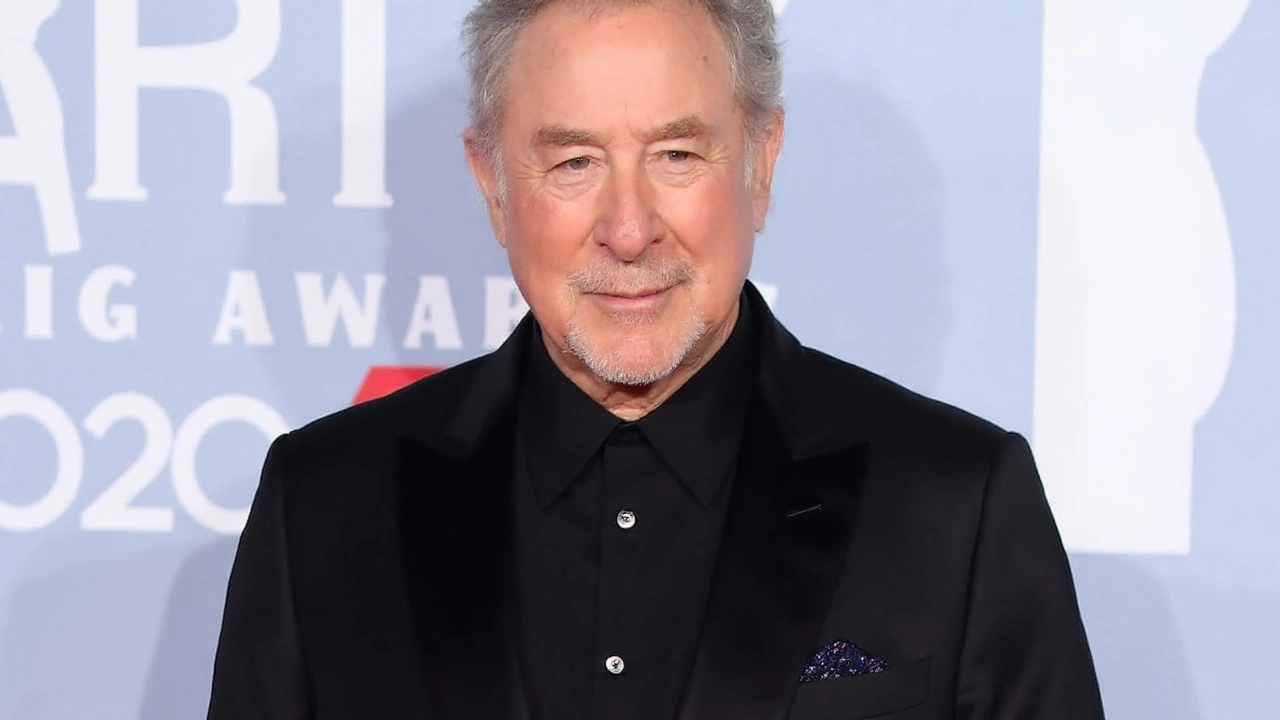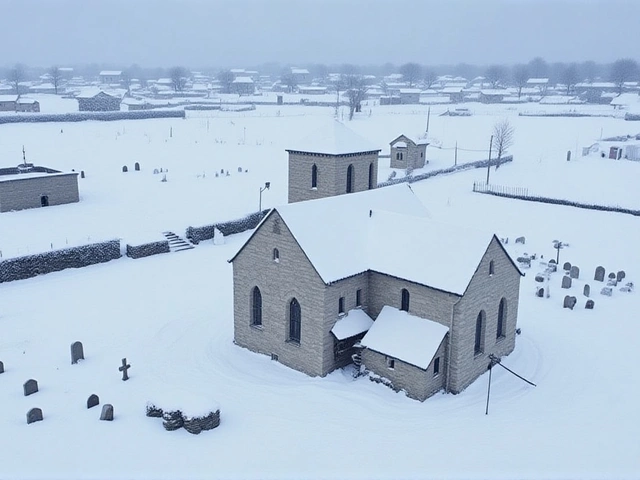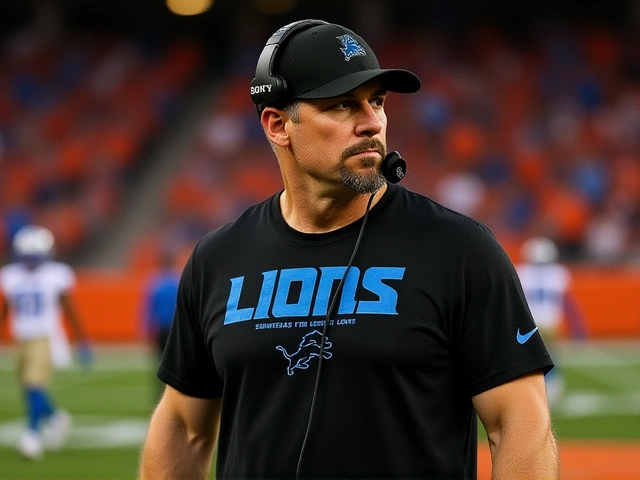Tom Jones stuns festival crowd to tears in triumphant 2025 comeback set
A comeback that felt personal
There’s a certain hush that only a true headliner can pull from a festival field. That’s what happened when Tom Jones walked out for his closing set and turned a busy final night into a focused, emotional moment. No gimmicks. Just a veteran singer, a tight band, and songs people have lived with for decades. Within minutes, the tears started. By the end, whole sections of the crowd were wiping their eyes, then roaring back the choruses.
This was billed as a comeback performance, and it felt like one. The set moved with purpose—slow-burn ballads that let his baritone breathe, then gear shifts into the big singalongs that shook the field. Festival-goers called his voice “phenomenal” and “incredible,” and you could hear why: the low notes had weight, the high phrases were measured, and the phrasing was sharp enough to cut through the night air.
He didn’t lean on nostalgia alone. The arrangements were smart and modern, built to spotlight his tone rather than chase the exact sound of the original recordings. The band kept things lean—steady drums, warm keys, and just enough guitar bite to lift the choruses. It gave him space to shape the endings, hold a note a beat longer, and let silence do some of the heavy lifting. When the crowd sang back, he stepped aside and let them have the moment.
Across the field, you saw different versions of the same story: parents pointing out the songs they grew up with, teenagers filming on their phones, couples hugging on the big ballads. People arrived expecting a victory lap. They got something closer to a masterclass in how to own a stage without saying much at all. He kept the between-song talk short—memories, a nod to the years that have passed—but the focus never drifted from the songs.
As the final notes faded, there was that long beat before the roar—proof the crowd had been holding its breath. Then came the release, the applause finding a second wind, and strangers high‑fiving like their team had just won.
Why this return matters
Plenty of artists can headline a festival. Very few can hold a massive crowd with stillness and control. That’s the difference with Jones. He’s a Welsh singer whose career spans six decades, and he’s spent that time crossing genres without losing the core of his sound. The early hits made him a star. Later singles kept him relevant. The live shows threaded it all together. At this festival, that arc felt intact—tight, confident, and built to last.
Vocally, the power is still there, but the choices are different. He doesn’t chase every high note; he picks his spots. He lets the band frame the melody and uses the grain in his voice to carry the emotion. That restraint was part of the magic. The ballads landed harder because he didn’t over-sing them. The uptempo numbers hit because the groove and the crowd did their job.
The booking itself told a story. Organizers trusted a legacy act to close a major night, which is always a risk. If the energy dips, you feel it across the entire site. Instead, his set gathered momentum. People who had drifted over out of curiosity stayed. By the time the anthems arrived—those songs everyone knows even if they don’t realize it—the entire field moved as one.
Online, clips from the night started spreading before the encore. You saw the same phrases on repeat in captions: “goosebumps,” “spine‑tingling,” “still got it.” The comments read like a generational roll call—fans who saw him years ago and first‑timers who only knew the hooks from playlists. That mix is what festivals hope for: heritage credibility meeting real-time impact.
For Jones, the performance resets the conversation. After a quieter period away from the biggest festival slots, this feels like a statement of intent. Promoters pay attention to moments like this. Expect more offers for prime slots, special one‑offs, and high‑profile broadcasts. It’s the kind of showing that reopens doors—arena dates, orchestral collaborations, maybe a filmed concert if the right partner steps up.
It also underlines something people forget about longevity: it’s a craft. He’s adapted keys without draining the life from the songs. He’s built a band sound that flatters his strengths now, not the ones he had thirty years ago. And he’s kept the essential thing—a voice that can make a field go quiet. That’s not nostalgia. That’s command.
If you were there, you probably felt it in the small details—the way a line landed and made you think about who you were with, or who you used to be. If you watched later on your phone, you could still hear it in the timbre and the timing. Either way, the takeaway is simple: a veteran walked onstage, closed a major festival, and reminded everyone why the songs still matter.





